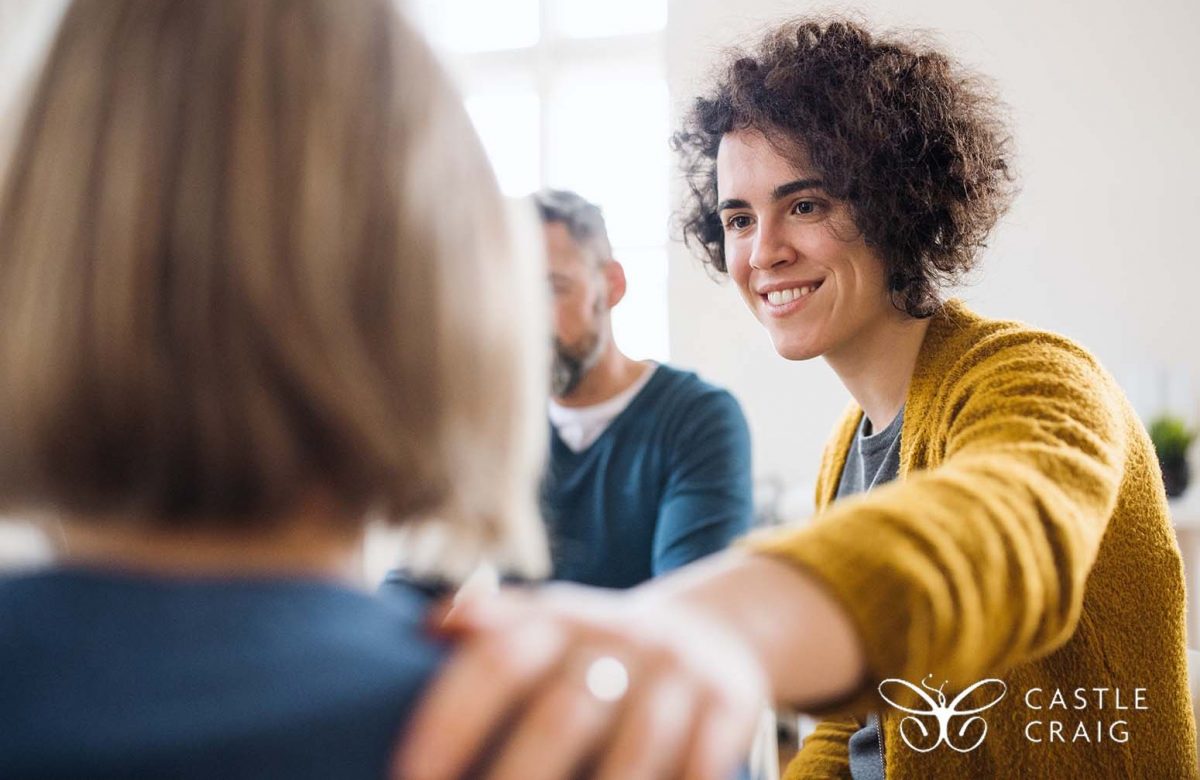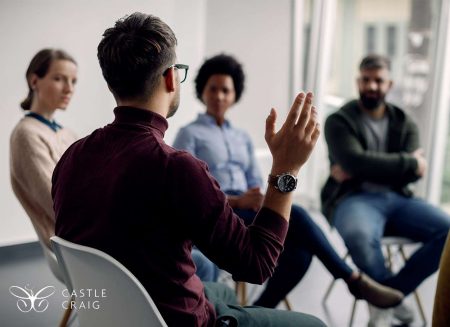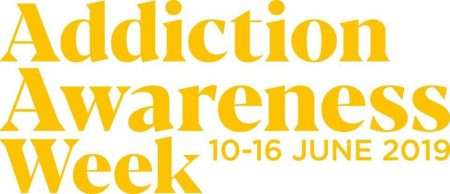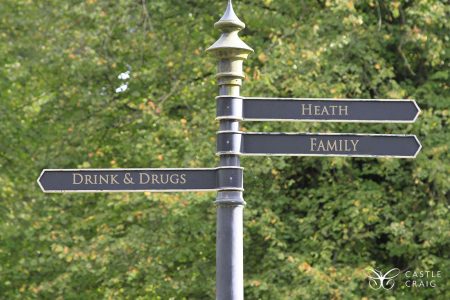The Dangers of Mixing Sleeping Pills & Alcohol
It is never safe to mix sleeping tablets and alcohol, as both are powerful drugs that are potentially lethal if abused.
Together, they become a lot more dangerous, and there are better ways of improving sleeping habits.
Jump to: Sleeping tablet risks | Overdose | Getting help for dual addiction
Types of sleeping aids currently in use
The most typical types of sleeping aids currently prescribed in Europe, including the UK, are:
- Benzodiazepines, such as Temazepam, which are essentially tranquillisers
- Z drugs, such as Zopiclone, which are not benzodiazepines but very similar
- Antihistamines, such as Promethazine, which are essentially allergy treatments
- Melatonin supplement which helps restore the Circadian rhythms in the body
- Other drugs such as Chloral and Barbiturates are not commonly prescribed nowadays due to their strength and potential for lethal consequences.
Some of the above, notably Benzodiazepines, is highly addictive if taken over long.
Rehab Costs & Options for Alcohol | Drugs | Other addictions

Why do people mix alcohol with sleep aids?
People often combine alcohol with sleep aids out of forgetfulness or ignorance of the consequences.
For example, people with a stressful lifestyle that includes regular alcohol intake commonly have trouble sleeping for stress-related reasons.
They may turn to sleep aids at the end of a long day without considering their earlier alcohol intake.
Occasionally people will knowingly combine alcohol and sleep pills to fall asleep faster, without realising the dangers.
Get better – discover the length of alcohol rehab.
What are the risks of mixing sleeping tablets and alcohol?
The immediate risk of mixing alcohol and sleep pills arises because both substances depress the body’s central nervous system (CNS).
Taken together, the depressive effect is compounded.
Since the CNS controls activities such as breathing and sleeping, a large overdose can have lethal consequences, such as people dying in their sleep because they stop breathing.
A secondary consequence arises from the addictive nature of both alcohol and sleeps aids such as benzodiazepines.
When taken together over a period, the likelihood of substance misuse and dependence increases.
Other risks for people mixing these drugs can arise through their subsequent behaviour while half asleep or in a blackout due to the effect such drugs have on memory, coordination and inhibitions.
In addition, there may be dangers that arise from involuntary actions, such as inhaling vomit while asleep.
Allergic reactions are possible to any medication, and combining with alcohol may make an allergy more severe or perhaps more challenging to detect.
Severe allergic reactions such as Anaphylaxis may be more challenging to treat where alcohol is also present in the body.
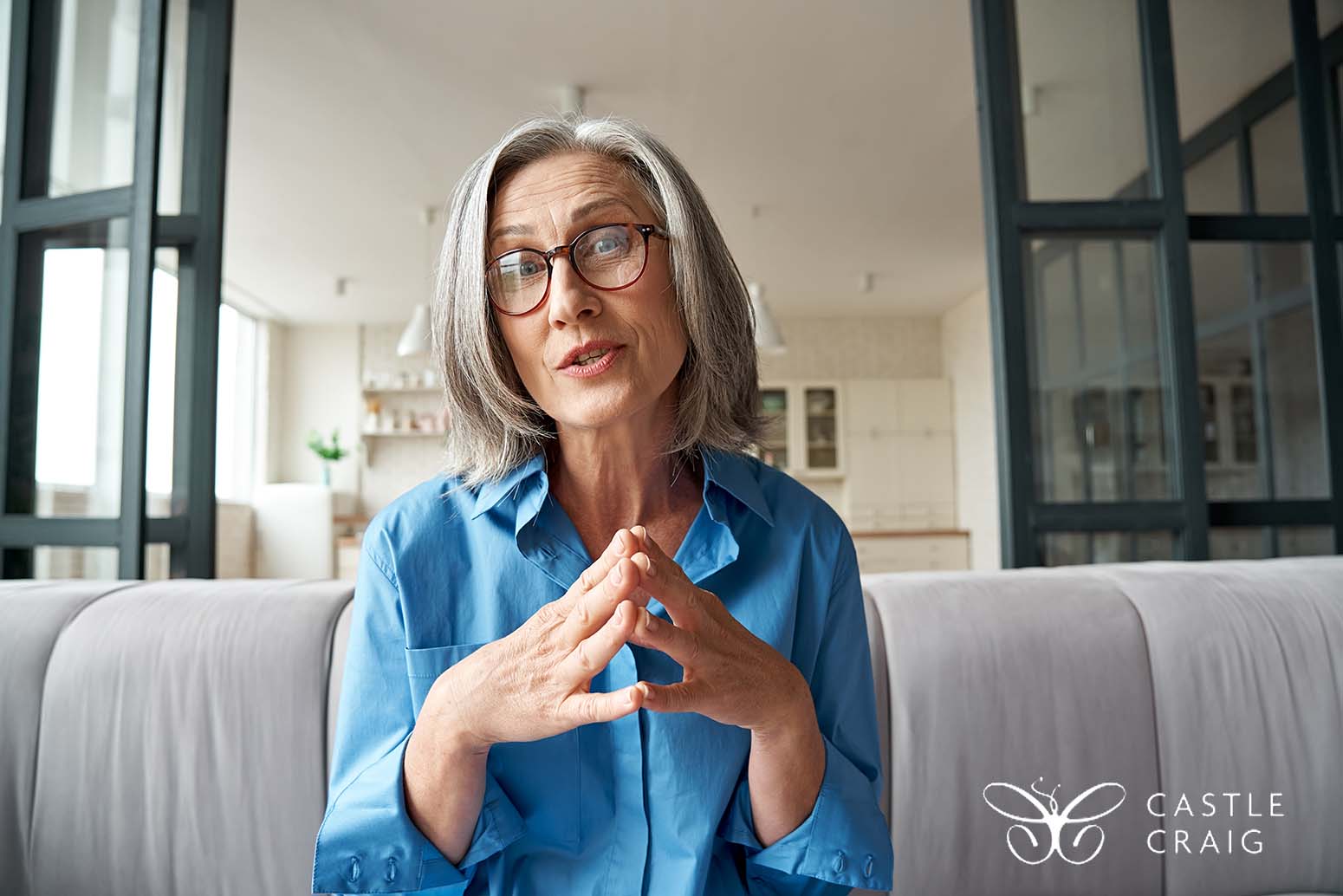
Overdosing on sleeping pills and alcohol
This type of overdose can be hazardous because observers may believe that a person is just in a profound sleep rather than overdosing.
Symptoms:
- Prolonged heart rate and weak pulse
- Loss of consciousness
- Shaking and trembling
- Blue lips
- Vomiting
- Pale or clammy skin
- Unresponsiveness to attempts to arouse
- Coma
What to do
If a person displays any of the above symptoms, it is always best to call the emergency services.
Meanwhile, please do not leave them alone. If someone is unconscious and unresponsive, they should be put into the recovery position, ensuring their airways are open.
Does alcohol interfere with sleeping pills?
– Blackouts
The mix of alcohol and sleep pills can put people into an intoxicated state in which their consciousness is asleep while their body is awake.
This is called a blackout. They will not remember their actions when they finally wake up.
Blackouts commonly happen to people struggling with alcoholism, and the behaviour is exacerbated by mixing sleep pills with alcohol.
– Sleepwalking/parasomnia
Sleeping pills and alcohol can have other dangerous side effects, especially parasomnia.
You have no awareness or control of this behaviour and actions, such as sleepwalking and sleep eating; even driving while half-asleep is a form of parasomnia.
Such events are rare but potentially dangerous, both to the subject and to anyone who might contact them in this state.

How to improve sleeping habits without using substances
Insomnia for some can be simply the result of not giving the need for healthy sleep sufficient consideration and priority.
New habits take several weeks to acquire, but the benefits of following a sleeping plan that excludes alcohol and pills will be felt quite quickly.
Helpful tips:
- Decide your sleep schedule and commit to it – fix a time to retire and a time to rise.
- Optimise sleep hygiene – bed and bedding, temperature, noise reduction. Ban all potential disruptors – phones, radios, alarms.
- Physical exercise – a tired body is more likely to relax.
- Optimise Circadian rhythms by absorbing maximum light during the day and banning light at bedtime. Consider a lightbox if your accommodation is not naturally well lit.
- Ban caffeine, except early in the morning.
- Ban alcohol – it hinders your body from entering the deeper stages of sleep. Or try a drug detox.
- Reduce carbohydrates. Do not eat or drink large amounts shortly before bedtime. Try to finish at least two hours before bed.
- Simply allowing yourself some quiet time during the day to sit alone while consciously emptying your mind of everyday troubles, can be highly therapeutic. Habits such as this and simply becoming aware of your sensations in the here and now, at various points in your day, can help build a feeling of inner calm that makes sleep come more easily.
- Peace of mind – it is not easy to adopt a lifestyle that minimises mental and emotional stress, but you could review your present arrangements and see what changes can make your life less stressful. “A ruffled mind makes a restless pillow.” (Charlotte Bronte). Change may take time, but progress, not perfection, is all that’s needed.
The pleasure of waking up feeling refreshed after a good night’s sleep is something that will affect your general wellbeing throughout the day.
Energy levels, memory, concentration and productivity, are all likely to benefit.
If you have been abusing sleeping tablets by taking too many or mixing them with other substances, you may require treatment.
Get in touch today
To find out how we can help you, please telephone Castle Craig on our 24-Hour Helpline: 01721 728118 or click here to arrange a free addiction assessment or here for more information.
You’re almost there.
